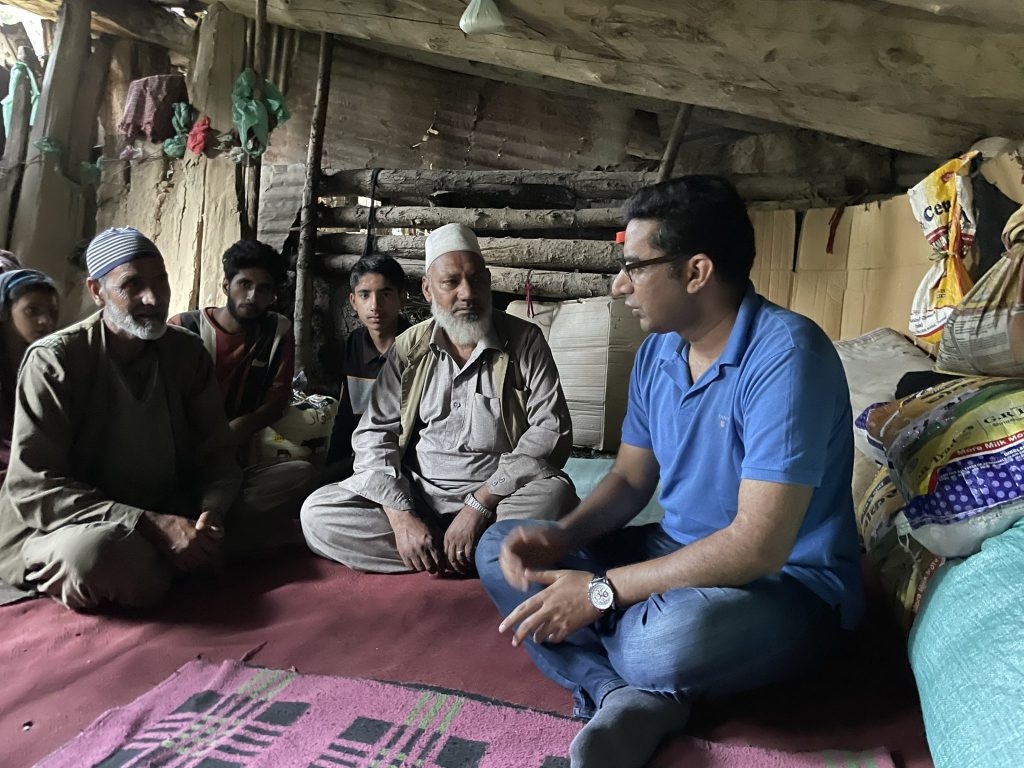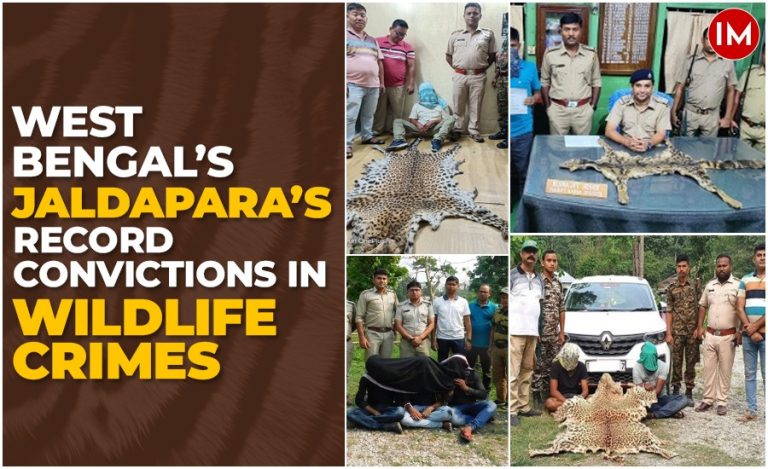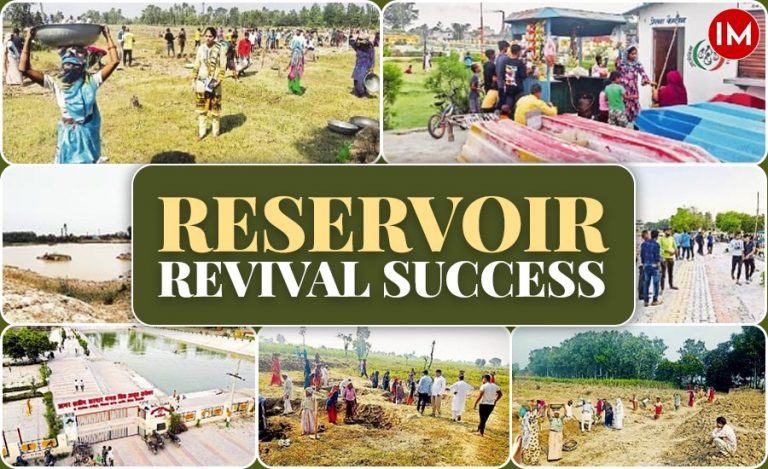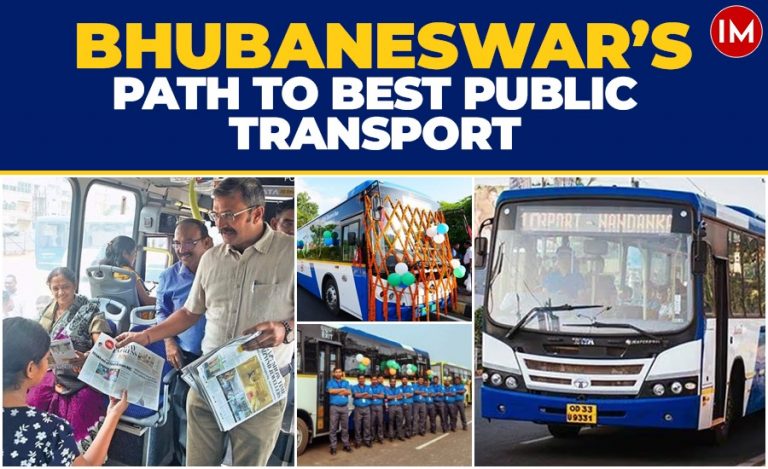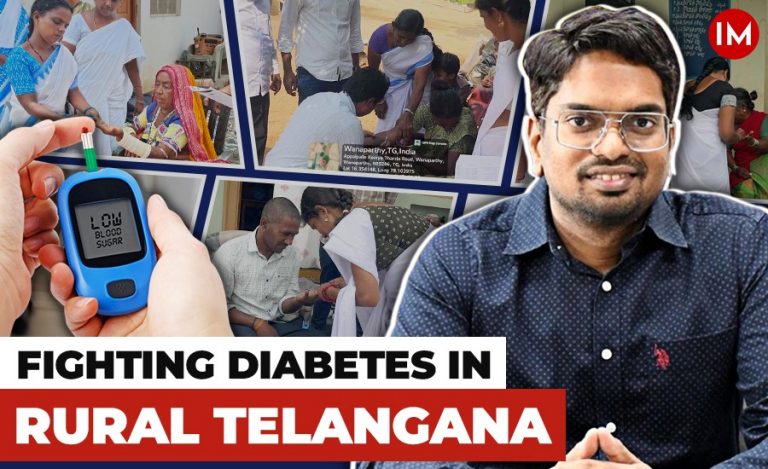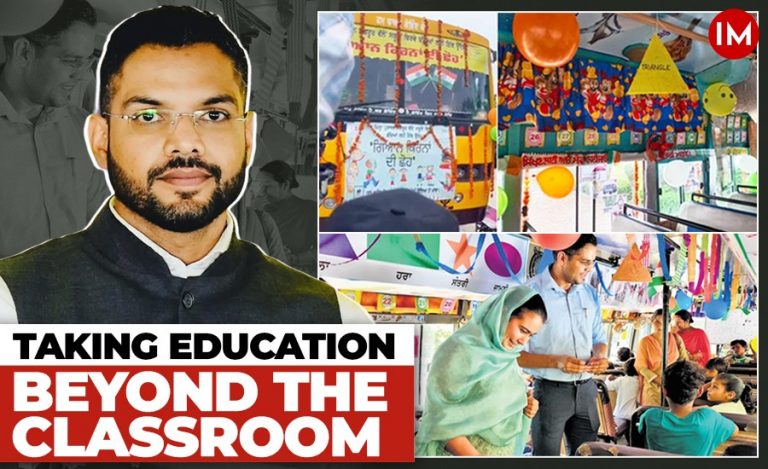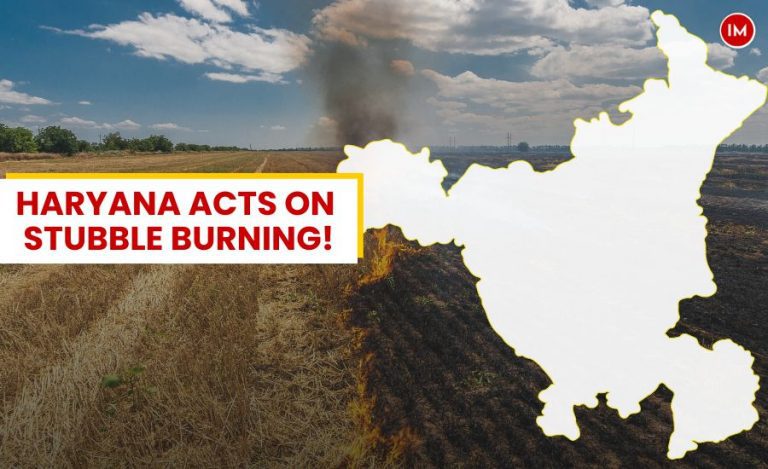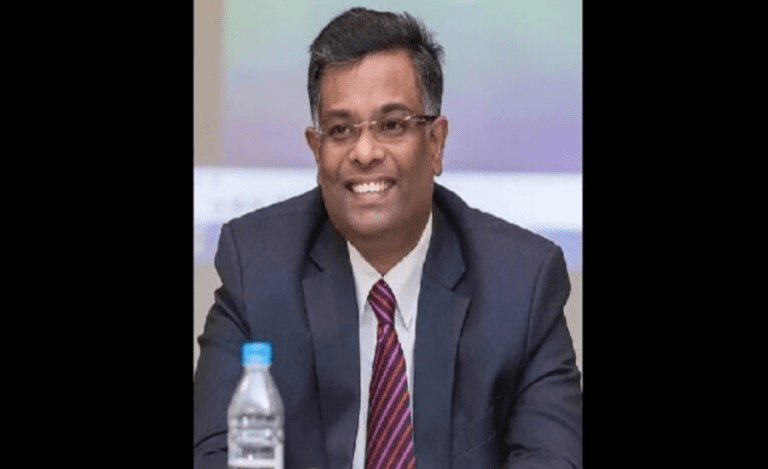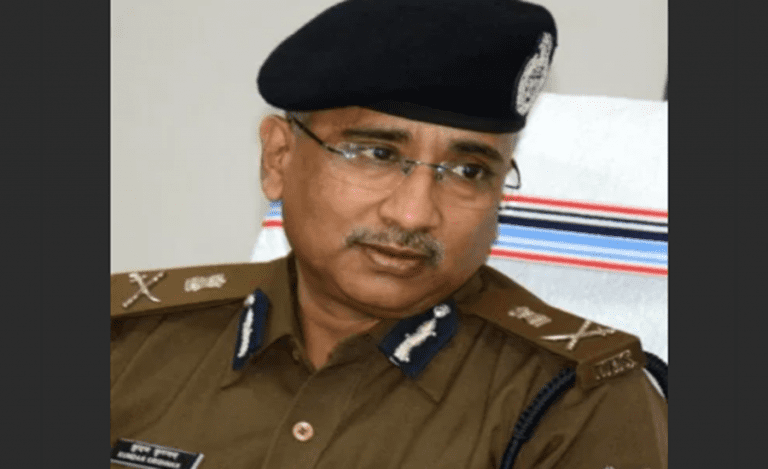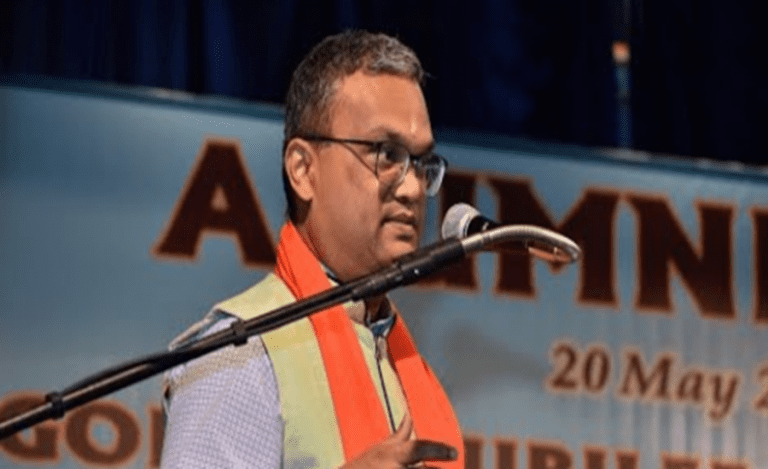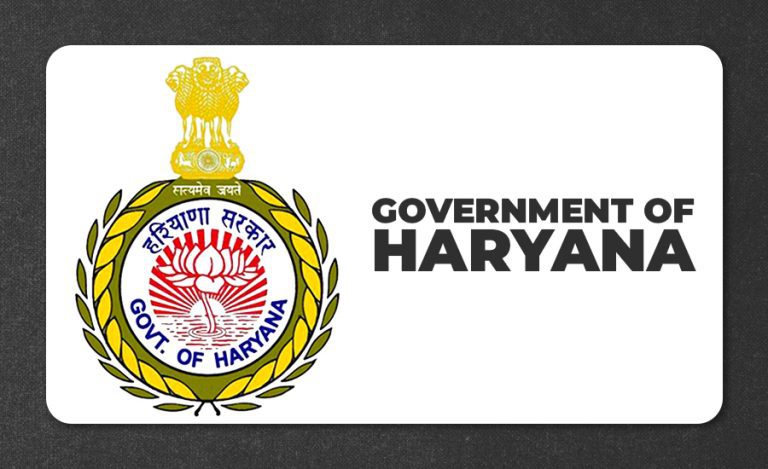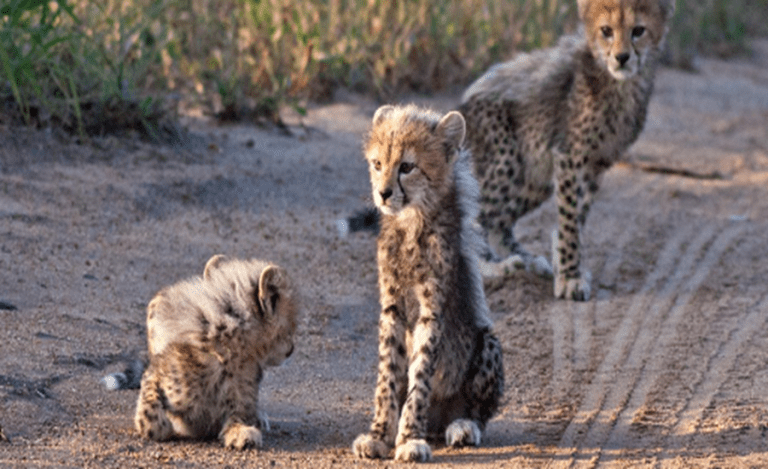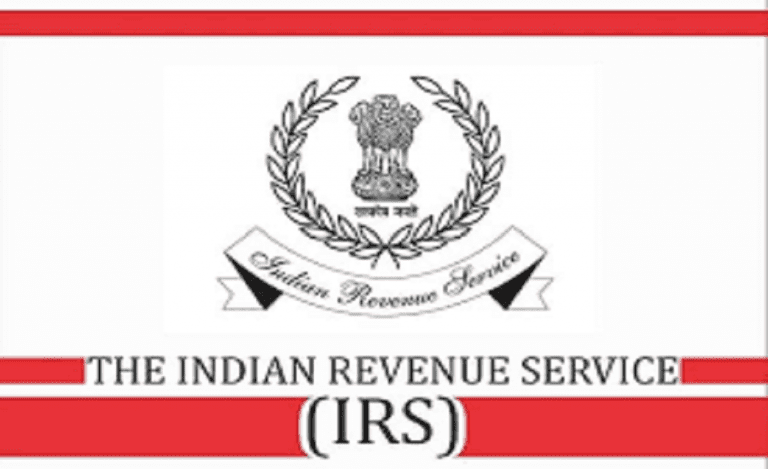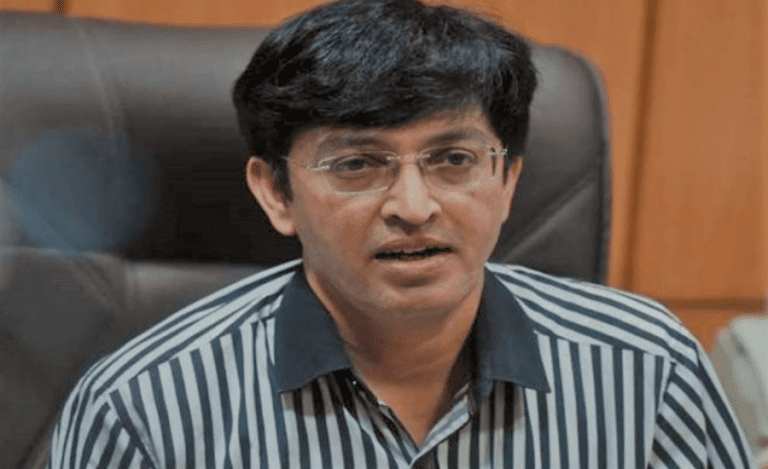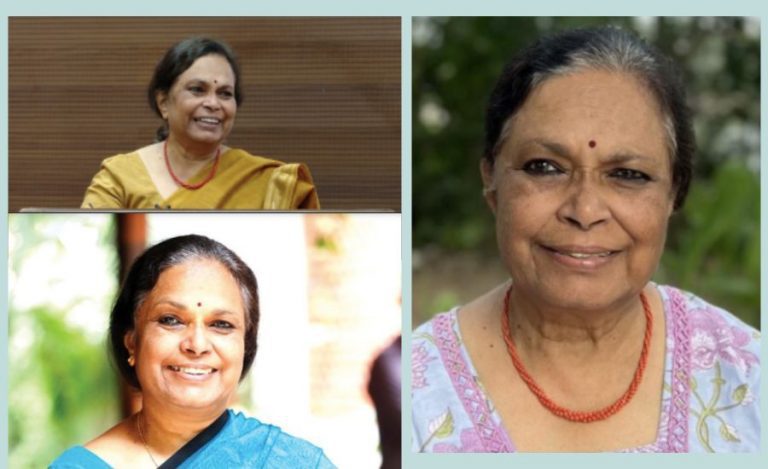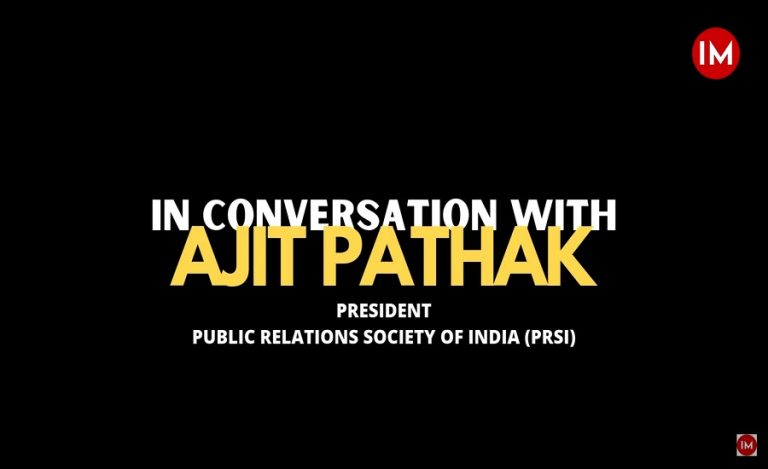“With a diverse tribal population in the northernmost Union Territory of India, the issues are equally challenging”, says Mr. Shahid Choudhary, Secretary of Tribal Affairs department in Jammu and Kashmir. However, this sparsely distributed population in remote hilly areas of the state has a new opportunity in their lives. This is for the first time an opportunity of this sort is being provided to people who have been living for ages without all the basic necessities.
From improving their education standards to keeping up with their healthcare, socio-economic and livelihood needs, the tribal affairs department in J&K is working towards the upliftment of such backward communities. In an exclusive interview with Indian Masterminds, Mr. Shahid Choudhary took us through the difficulties faced by these tribals and how the administration was trying to change their lives for the better
SOCIO-ECONOMIC SURVEY OF NOMADS
While addressing the issues faced by the tribals in J&K, Mr. Choudhary said “Sparsely distributed tribal population in remote hilly areas having poor educational standards, high poverty levels, low on health parameters and a disconnect with modern opportunities. These are serious problems. The J&K tribes need a lot of focused attention.”
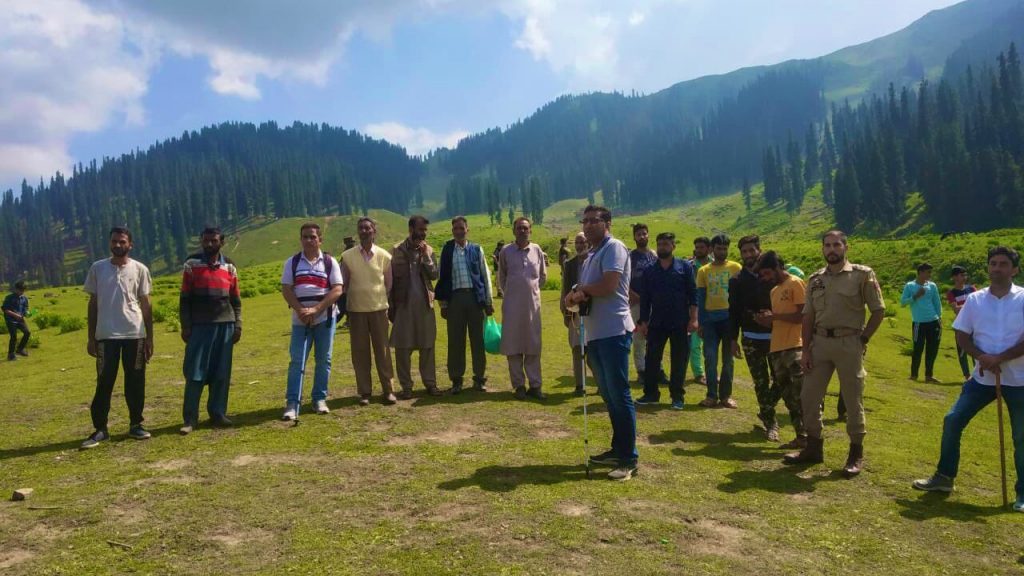
This is infact the first time ever that a socio-economic survey of the nomadic communities in J&K was concluded recently. With the involvement of more than 10,000 officials from all districts of J&K, the survey was conducted last month and an aim was set to chalk out plans for the socio-economic development of different tribes. Mr. Choudhary said, “The outcome of the same will be visible in the development of infrastructure and livelihood support system this year itself.”
REACHING OUT TO THE TRIBALS
Living in small numbers, these tribals are located in the remotest part of the UT. This has always been an issue as the administration normally remains disconnected from these tribal communities.
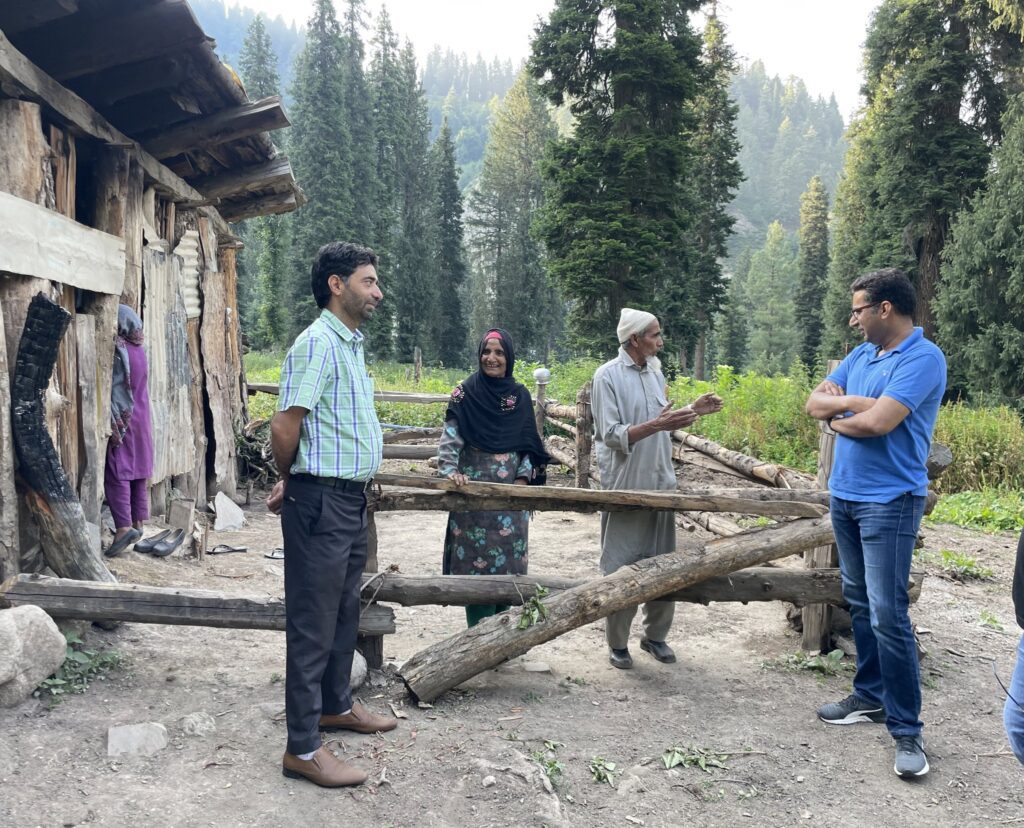
However, Mr. Choudhary said “We have adopted a comprehensive strategy. The first-ever socio-economic survey of the trans-human tribal population gave us an opportunity to reach out to them in diverse ways and plan their welfare in various sectors. More than 10,000 officials moved to highland pastures to study and organize support planning for these families migrating seasonally from one place to another. A comprehensive outreach was conducted in June-July 2021 on sidelines of the Village Development Plan, formulation under the to-be-introduced Integrated Village Development Scheme. We are engaging with youth through field visits, print and electronic media, and various organized channels.”
PROVIDING OPPORTUNITIES TO TRIBALS
Apart from the socio-economic survey, the tribal affairs department has also created a plan for the uplift of tribals in J&K. Mr. Choudhary said, “This year for the first time tribal affairs department has earmarked separate plans for education, in the form of 100 modern schools, residential schools, day boarding schools and modernization of hostels. There are also other initiatives we have undertaken, such as a healthcare plan to equip health institutions in tribal areas and providing equipment including ambulances and transit accommodation to them.”
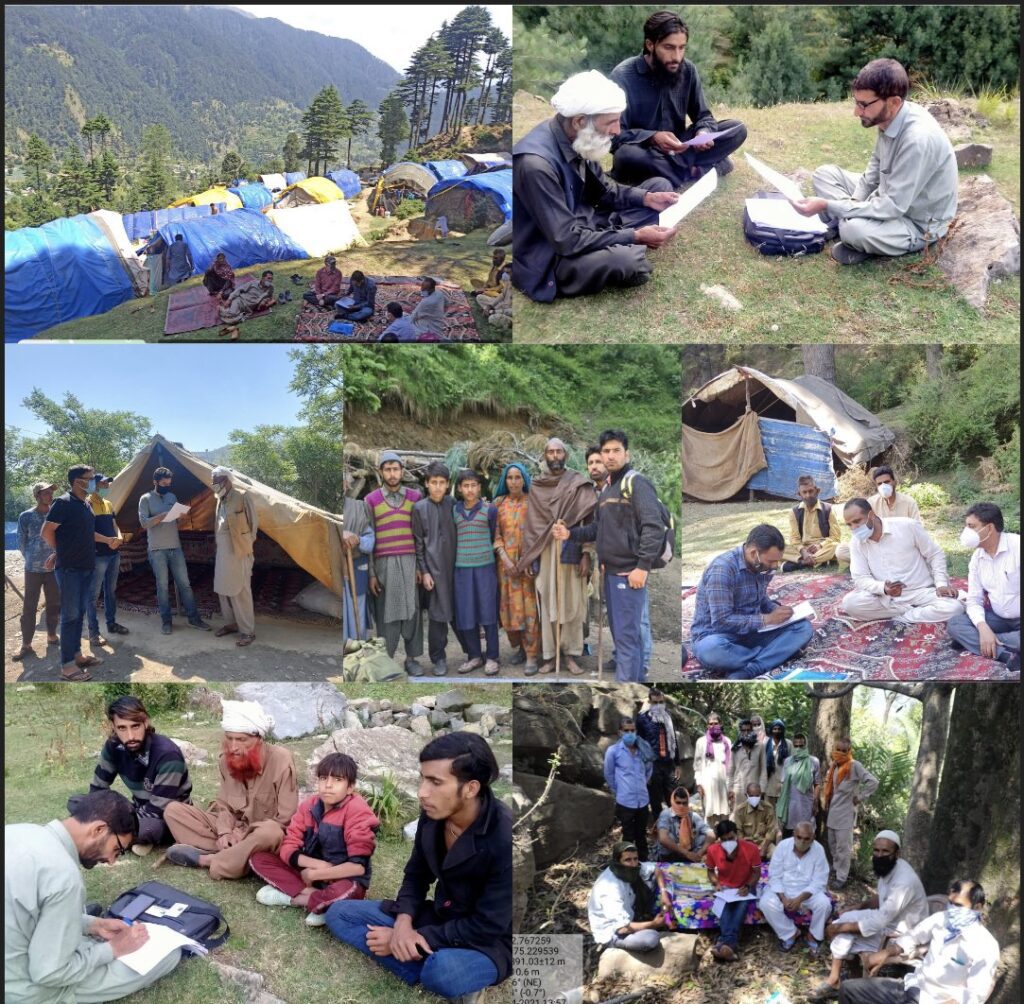
He added, “Integrated Village Development Scheme is being introduced from this year to cover 335 villages having 500 plus tribal population, under which all sectors will be provided with funding for their developmental needs. This year we’re working to establish the Tribal Research Institute which will focus on action research and planned welfare of tribal communities. We are also focusing on youth, viz a viz sports as a career, entrepreneurship and self-employment. First-time Commercial Pilot Training, Flight Steward/Air Hostess, Medical Technology and Data analytics have been offered as courses under skill development.”
As these steps are being taken for the first time, it will be opening many doors for the young men and women hailing from the remote regions of J&K.

